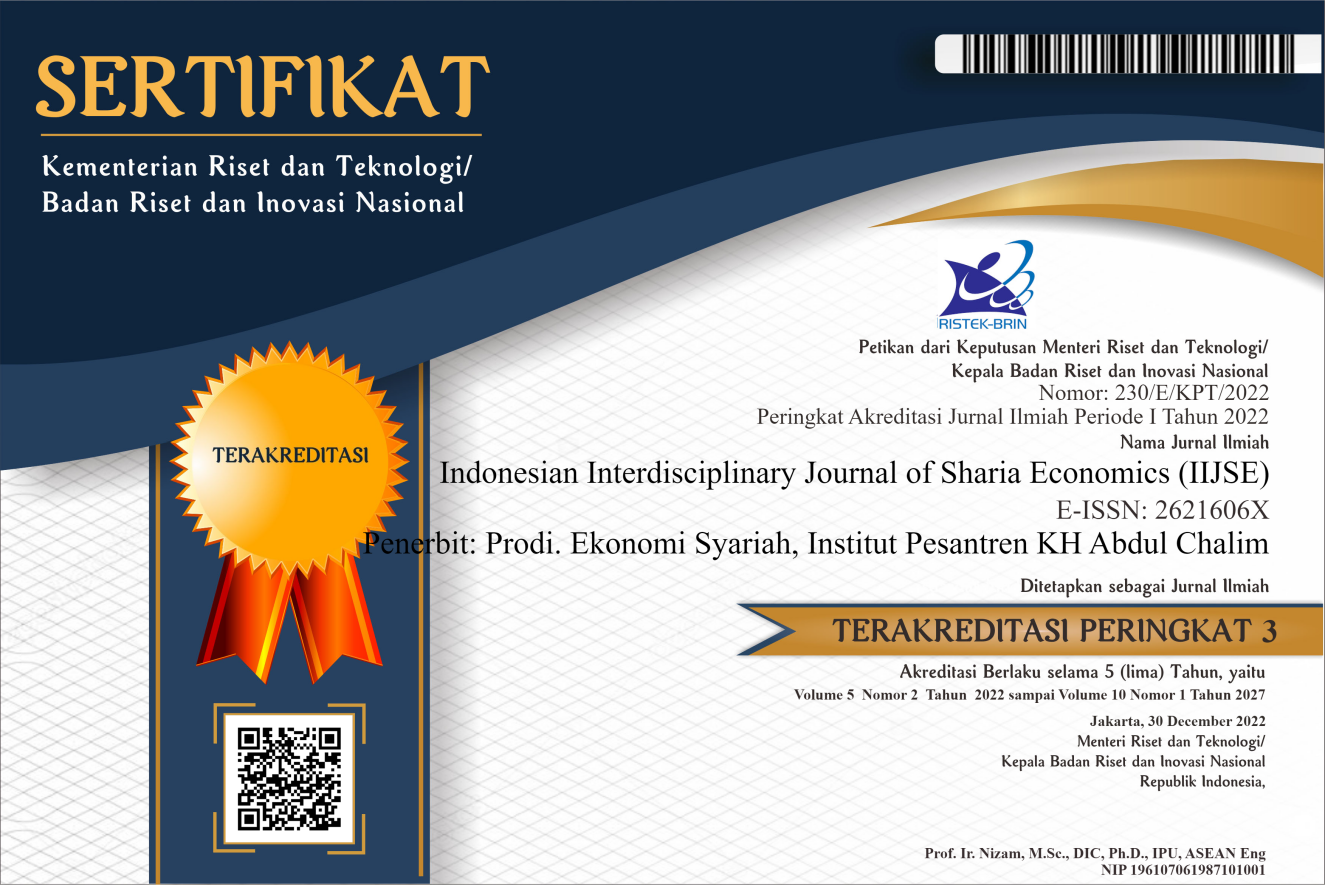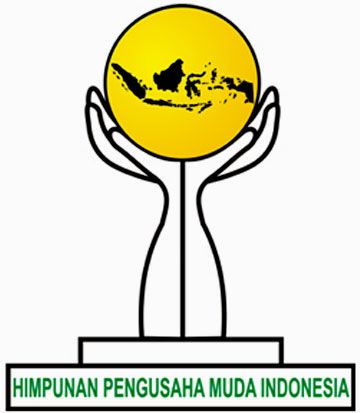Defect Repair Efforts in Bone Plate Product Quality Control Using Six Sigma (Case Study: PT ABC)
Abstract
This study aims to identify and reduce Bone Plate product defects at PT Risa Implantama, a domestic orthopedic and traumatology implant manufacturer. Using Six Sigma methodology, this research applies the DMAIC (Define, Measure, Analyze, Improve, and Control) stages to analyze Bone Plate production data from January to December 2023. The analysis results show that the most dominant defect is in the hole diameter with a total of 114 defects. The resulting DPMO (Defects Per Million Opportunities) value is 7474, with an average sigma level of 3,94. Proposed improvements include improving raw material quality control, operator training, and routine machine maintenance to improve product quality and approach the Sigma level 6 target.
Downloads
References
Attaqwa, Yusita, Wahyu Sidiq Saputra, and Ahmad Mustofa Khamal. 2021. “Kerem Quality Control Using the Quality Control Circle (QCC) Method at PT. XYZ.” International Journal of Computer and Information System (IJCIS) 2 (3): 98–104.
Elfanda, Muhamad Erga. 2021. “Implementation of Six Sigma in Product Quality Control.” Jurnal Ekonomi Dan Bisnis Airlangga Volume 31 (1).
Fadliyah, Hilyatul, and Atik Nurwahyuni. 2022. “Policy Implementation of Halal Product Assurance for Pharmaceutical Products in Indonesia.” Journal of Indonesian Health Policy and Administration 7 (2): 214–20.
Fatimah, Siti, and Hana Catur Wahyuni. 2023. “Product Quality Control Using the Six Sigma Method and Seven Tools in the PDL Shoe Industry.” Tibuana 6 (1): 12–22.
Garvin, David A. 1988. Managing Quality: The Strategic and Competitive Edge. Simon and Schuster.
Ginting, R, and M G Fattah. 2020. “Production Quality Control with New Seven Tools for Defect Minimization on PT. Dirgantara Indonesia.” In IOP Conference Series: Earth and Environmental Science, 452:012082. IOP Publishing.
Haitao, Niu. 2022. “Analysis of Product Variety and Price on Purchase Decisions.” International Journal of Advanced Multidisciplinary 1 (1): 73–82.
Hossain, Anamul, Joanne L Tipper, and Dongbin Wei. 2019. “A Novel Fracture Fixation Bone Plate to Reduce the Stress-Shielding Effects in Long Bones.” In Australian Biomedical Engineering Conference 2019 (ABEC 2019): Technology & Research in Australian Medical Science: Technology & Research in Australian Medical Science, 43–46. Engineers Australia Melbourne.
Isbahi, M. B. (2023). Factors Influencing Purchase Behavior: Consumer Interest, Price, and Product Quality (Literature Review HRM). Danadyaksa: Post Modern Economy Journal, 1(1), 18–36. https://doi.org/10.69965/danadyaksa.v1i1.6
Javaid, Mohd, Abid Haleem, Ravi Pratap Singh, and Rajiv Suman. 2021. “Significance of Quality 4.0 towards Comprehensive Enhancement in Manufacturing Sector.” Sensors International 2:100109.
Kovac, Zoran, Tomislav Cabov, Marko Blaskovic, and Luka Morelato. 2023. “Regeneration of Horizontal Bone Defect in Edentulous Maxilla Using the Allogenic Bone-Plate Shell Technique and a Composite Bone Graft—A Case Report.” Medicina 59 (3): 494.
Pardiyono, Ragil, and Rina Indrayani. 2020. “Product Quality Control with Six Sigma and Preventive Maintenance.” In Journal of Physics: Conference Series, 1477:052046. IOP Publishing.
Patel, Arunesh, and Chintan Chudgar. 2020. “Understanding Basics of Six Sigma.” Sigma 6 (3.4): 99–99966.
Prasetya, Bambang, Daryono Restu Wahono, Yopi, and Candraditya Prasetya. 2022. “Innovation Opportunity and Challenge of Standardization in Response to COVID-19 Pandemic and the Socio-Economic Impact: A Case Study in Indonesia.” Standards 2 (1): 66–82.
Psarommatis, Foivos, Sylvain Prouvost, Gökan May, and Dimitris Kiritsis. 2020. “Product Quality Improvement Policies in Industry 4.0: Characteristics, Enabling Factors, Barriers, and Evolution toward Zero Defect Manufacturing.” Frontiers in Computer Science 2:26.
Purba, H H, A Nindiani, A Trimarjoko, C Jaqin, S Hasibuan, and S Tampubolon. 2021. “Increasing Sigma Levels in Productivity Improvement and Industrial Sustainability with Six Sigma Methods in Manufacturing Industry: A Systematic Literature Review.” Advances in Production Engineering & Management 16 (3): 307–25.
Shahabuddin, Syed. 2008. “Six Sigma: Issues and Problems.” International Journal of Productivity and Quality Management 3 (2): 145–60.
Simachev, Yuri, Anna Fedyunina, Maksim Yurevich, Mikhail Kuzyk, and Nikolai Gorodny. 2021. “New Strategic Approaches to Gaining from Emerging Advanced Manufacturing Markets.” Форсайт 15 (3 (eng)): 6–21.
Stojanović, Jovana, and Goran Milovanović. 2020. “The Importance of Lean Manufacturing and Six Sigma Concept for Quality Management of Supply Chain Business Processes.” Facta Universitatis, Series: Economics and Organization, 285–97.
Toha, M., & Rozikin, K. (2020). Implementasi Maqasid Al-Shari’ah Dalam Manajemen Strategis Syariah. JES (Jurnal Ekonomi Syariah), 5(1). https://doi.org/10.30736/jesa.v5i1.75
Untoro, Octa Bimansyah, and Irwan Iftadi. 2020. “Six Sigma as a Method for Controlling and Improving the Quality of Bed Series Products.” Jurnal Ilmiah Teknik Industri 19 (2): 131–41.
Wiranegara, Haruman, Muhammad Nauval Fauzi, and Shinta Virdhian. 2020. “Precision Mold Of Prototype Titanium Orthopedic Implant Using Metal Injection Molding Approach.” Jurnal Rekayasa Mesin 11 (3): 487–95.
Zhang, Lujiao, Yurun Yang, Yan-Hua Xiong, Yu-Qing Zhao, Zongpeng Xiu, Hui-Min Ren, Kai Zhang, Shun Duan, Ying Chen, and Fu-Jian Xu. 2023. “Infection-Responsive Long-Term Antibacterial Bone Plates for Open Fracture Therapy.” Bioactive Materials 25:1–12.
Copyright (c) 2025 Farrel Azriel Septrianto, Dwi Sukma Donoriyanto

This work is licensed under a Creative Commons Attribution-ShareAlike 4.0 International License.
Authors who publish with this journal agree to the following terms:
- Authors retain copyright and grant the journal right of first publication with the work simultaneously licensed under a Creative Commons Attribution License that allows others to share the work with an acknowledgment of the work's authorship and initial publication in this journal.
- Authors are able to enter into separate, additional contractual arrangements for the non-exclusive distribution of the journal's published version of the work (e.g., post it to an institutional repository or publish it in a book), with an acknowledgment of its initial publication in this journal.
- Authors are permitted and encouraged to post their work online (e.g., in institutional repositories or on their website) prior to and during the submission process, as it can lead to productive exchanges, as well as earlier and greater citation of published work.


















